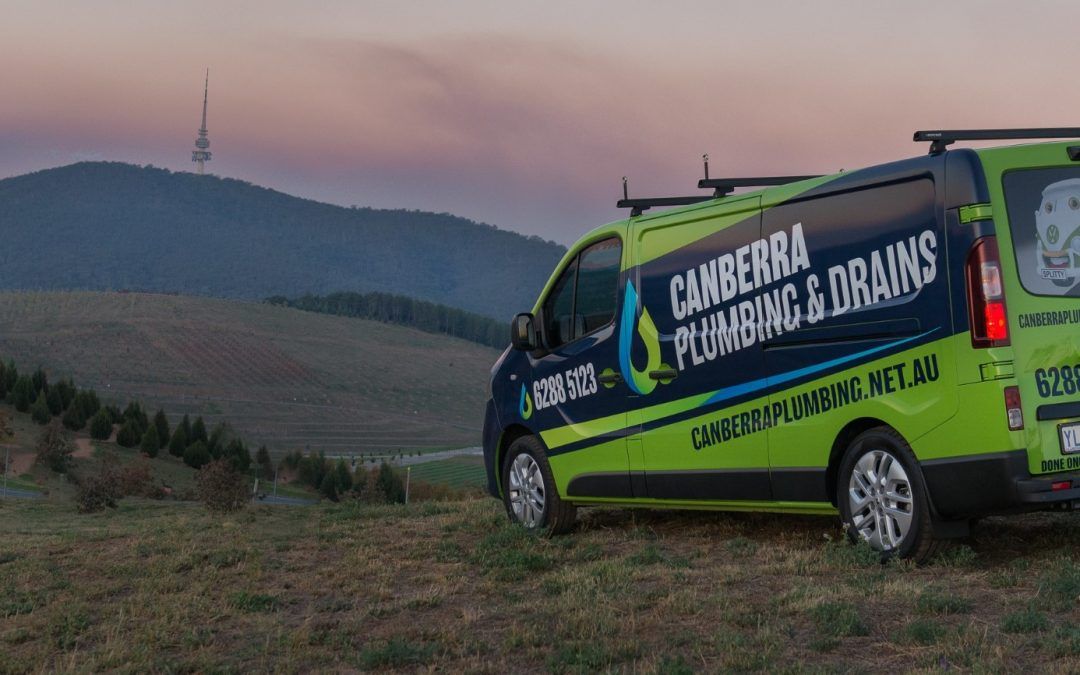Plumbing emergencies never come at a convenient time and can potentially be damaging, and costly exercises. However, if you know how to handle them, it does make the situation less taxing. If you do not feel as if it is something you can handle or fix yourself, it may be time to give a plumber a call – they will be happy to show you what the problem is and how to fix it.
Below are the most common plumbing emergencies. Even though some may seem like they are more of an inconvenience rather than an emergency, the issue can quickly escalate if not attended to as soon as possible.
Blocked Drains
There are a variety of factors that may be contributing to your blocked drains. If it is your sewer that is blocked, it may be from grease or oil, non-flushable items such as baby wipes or paper towel, hair, or tree roots. If it is your stormwater, it may be caused by tree roots, debris such as building materials or toys, or leaves that have been washed down from the gutter.
Using a plunger and drain cleaner may help to clear your sewer blockages, however, if this does not work, it may be time to call an emergency plumber to use more specialised equipment.
Burst Pipes
Burst pipes can have a variety of causes including freezing temperatures, age, misuse or damage, rust, unprotected piping, or installation issues. If you have a burst pipe, you may see wet patches on your floor or ceiling, or you may notice a change of water pressure.
If you have burst pipes at your home, the first step is to, if you can, isolate the area of the water leak, otherwise turn off the water to your property to prevent any further damage. Run one of the taps in your home to relieve any remaining water and pressure. Once you have done those, it is time to call an experienced plumber.
No Hot Water
Having hot water is a luxury that many people take for granted until they suddenly don’t have it. No hot water at your home can be caused by a variety of things including the pilot light not being turned on, issues with the thermostat or heating elements, or sediment build-up.
If you have found that you have no hot water in your home, the first step to take is to ensure your hot water system is turned on, and, if it is gas, that the pilot light is on. If it is, it is time to call an experienced plumber/gasfitter to inspect and repair the hot water system.
Gas Leaks
Gas leaks can be caused by pipe corrosion or cracks, faulty appliances, or accidental damage caused during construction. if you have a gas leak at your home, you may notice higher than normal gas bills, the smell of rotten eggs, or hear a hissing or whistling sound near a gas line.
If you have a gas leak at home, or suspect you do, you should not investigate the gas leak yourself as it may cause damage to your home or yourself. If you believe you do have a leak, extinguish all open flames in your home, turn the gas off at your home’s main gas valve, and open doors and windows to allow fresh air into your home. After you have done the aforementioned, call an emergency gasfitter to locate and repair the gas leak.
Water Leaks
Water leaks throughout your home can be caused by corrosion, over-tightening of taps, general wear and tear, high water pressure, or taps or toilets needing servicing. Having a water leak may also be a sign of having a burst pipe. Some indications that you may have a water leak include constant dripping, water pooling around the base of your taps, puddles of water on the floor or in cabinets, and water running constantly into the toilet bowl.
If you can, isolate the area of the water leak, otherwise turn off the water to your property to prevent any further damage. Call an experienced plumber as soon as you can to repair the issue.
Frozen Pipes
If your pipes are above or near to ground level, the water inside them may freeze if the temperature gets too low. Having frozen pipes may lead to them bursting due to the amount of pressure that builds up when the water inside them freezes. There are several signs that you may have a frozen pipe in your home including; no or very little water, strange smells or odours, or seeing frost on the pipes.
If you have found that you have frozen pipes, there are few steps you can take to thaw them and prevent them bursting. If the pipe is exposed, you may be able to thaw it using hot towels wrapped around the pipe, or applying electrical heating tape directly to pipe. For an enclosed pipe, turn up the heat at your home and attempt to thaw it that way. Avoid attempting to thaw the pipes using an open flame as this may cause damage to the pipe or start a fire. If your pipes have burst or you are unable to thaw them, turn the water to your property off and call an experienced plumber as soon as possible to rectify the issue before it becomes worse.
Canberra Plumbing & Drains technicians are highly skilled and qualified to help you with any plumbing emergencies your home may be facing. Call our friendly team on 0474 488 899 to book in your appointment today. Our technicians will attend your home in a timely manner, identify the issue, provide you with the best solution(s), and rectify the issue in an efficient and cost-friendly manner.


Recent Comments